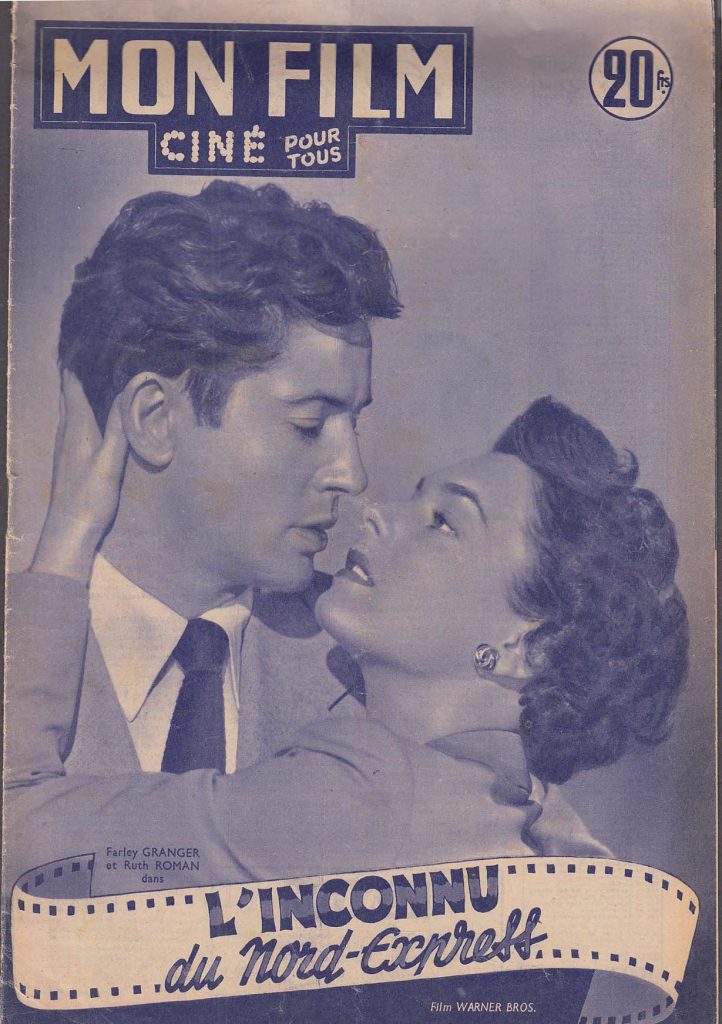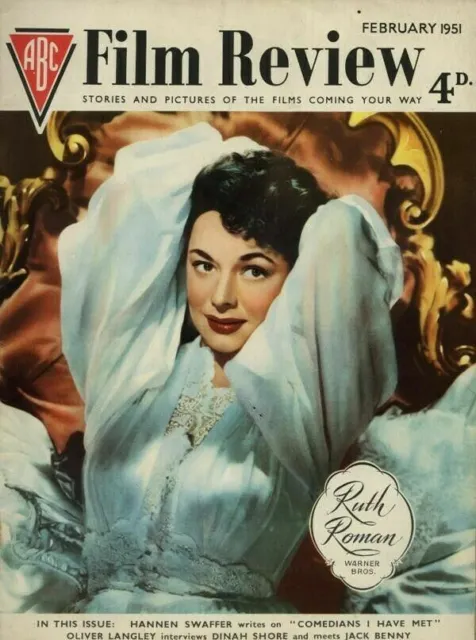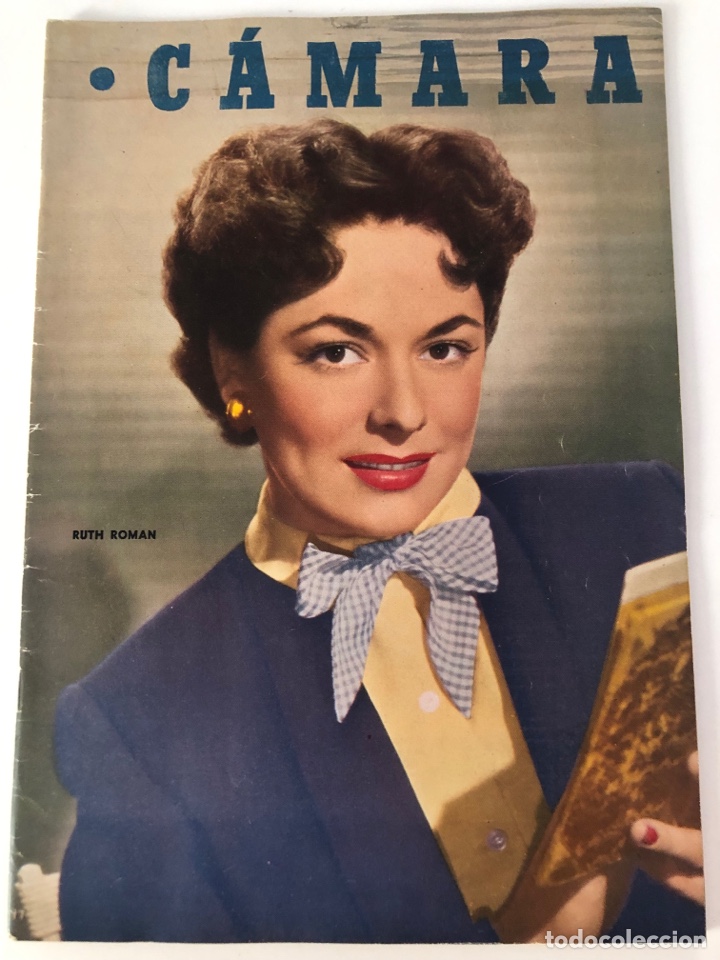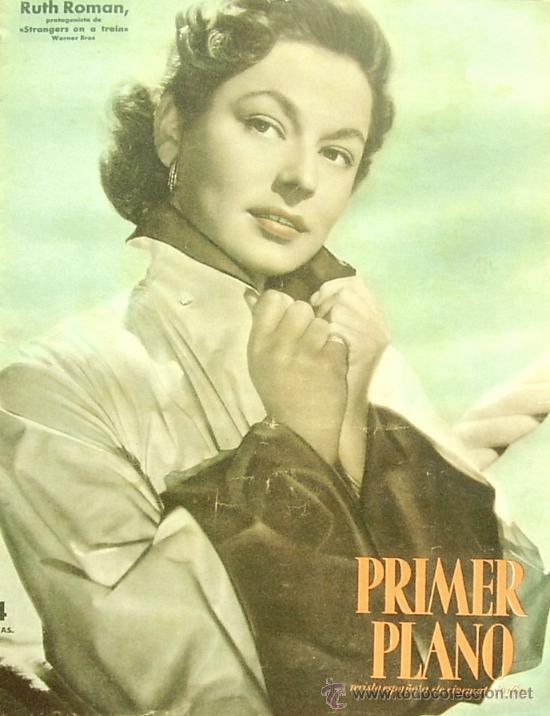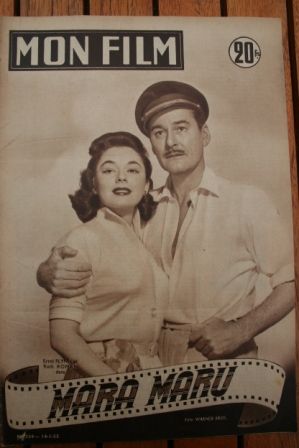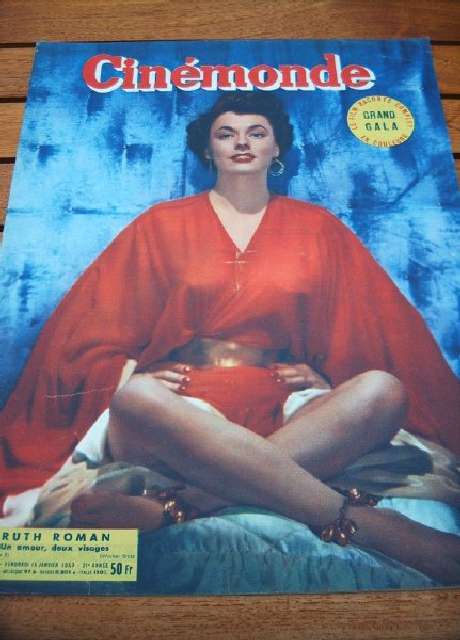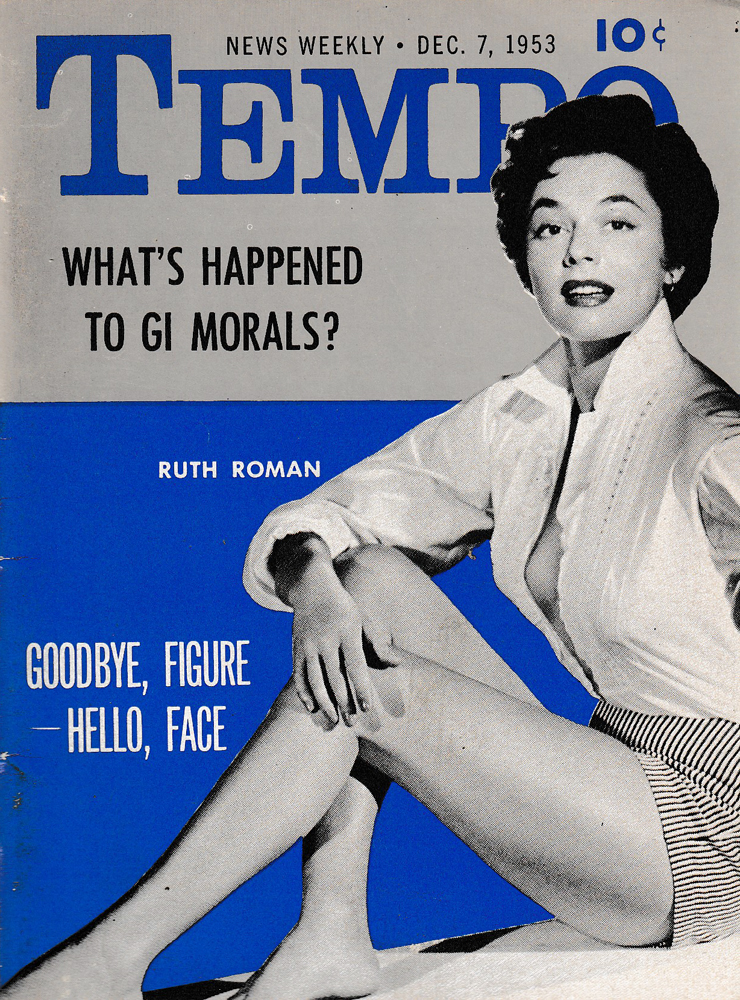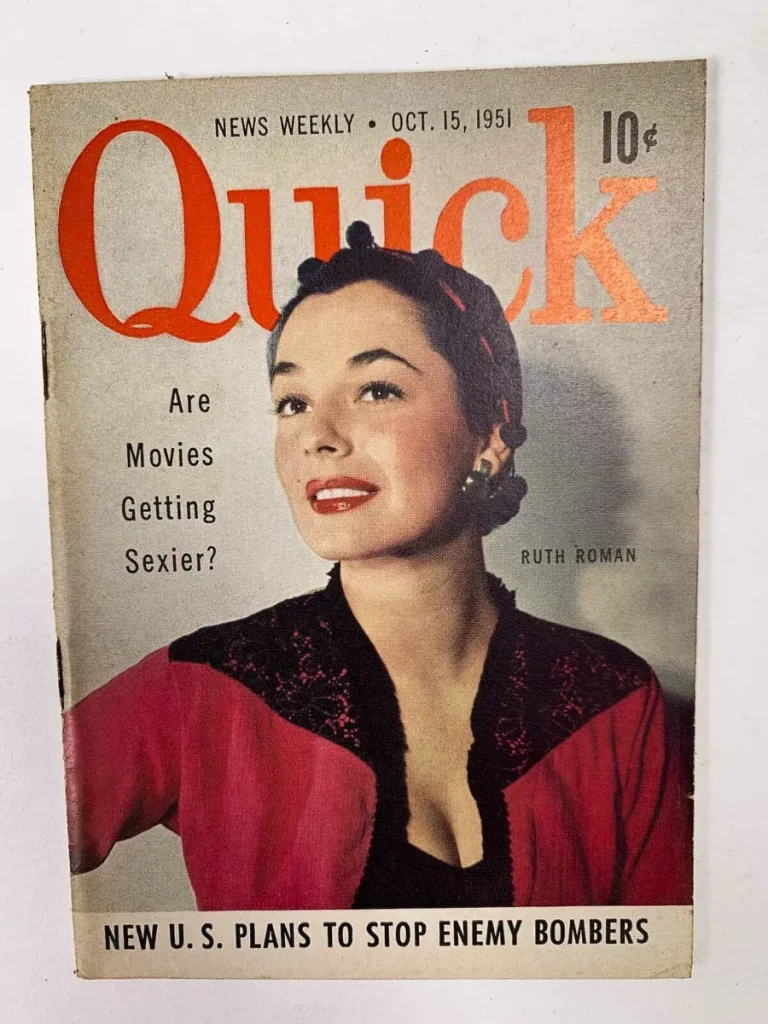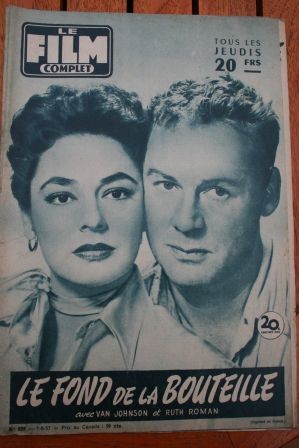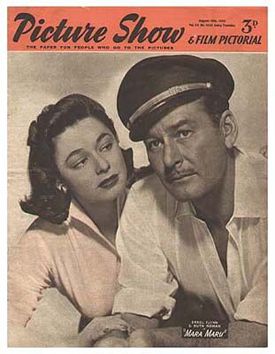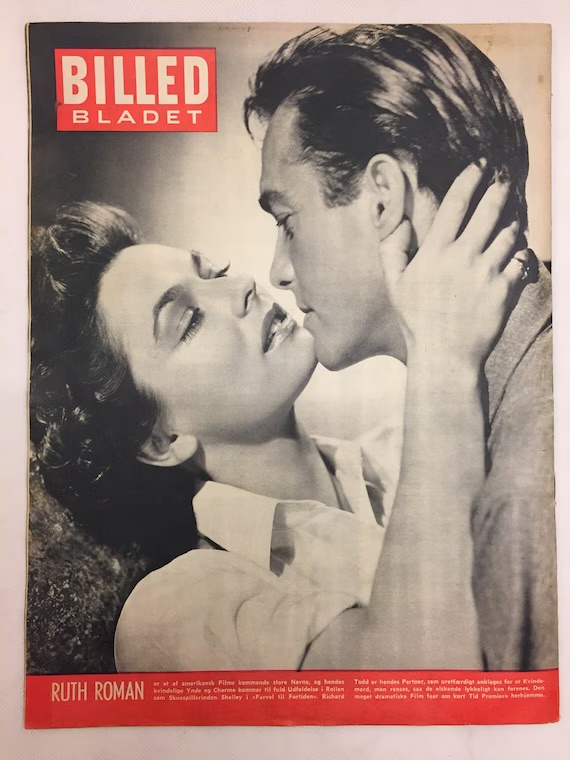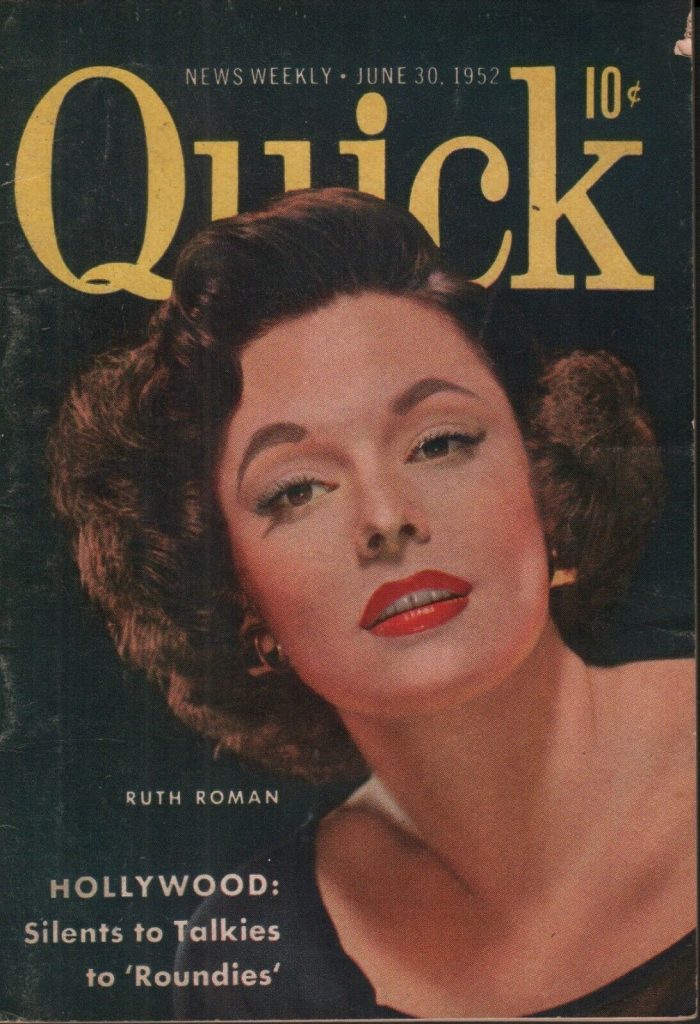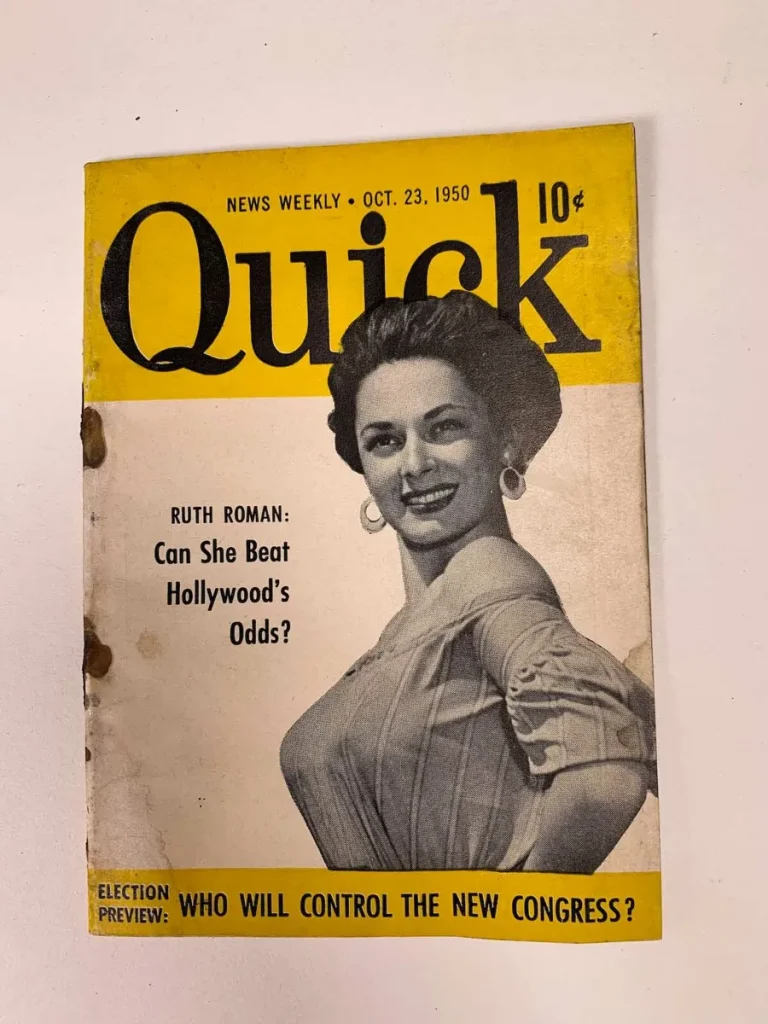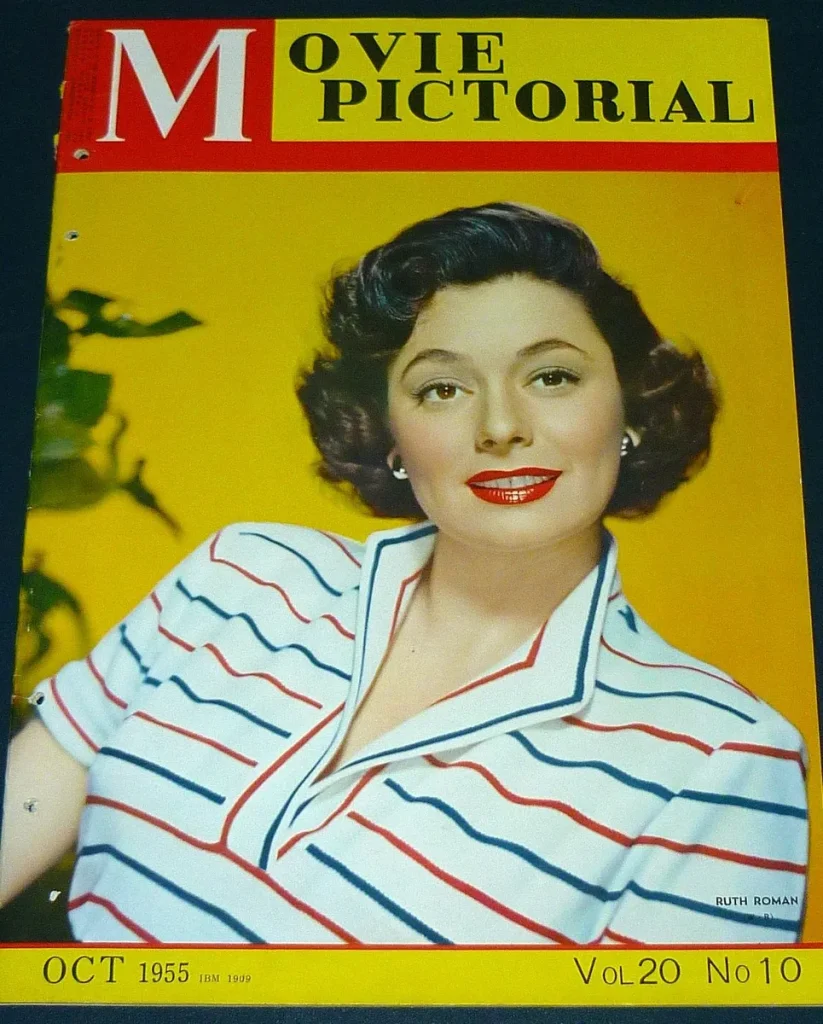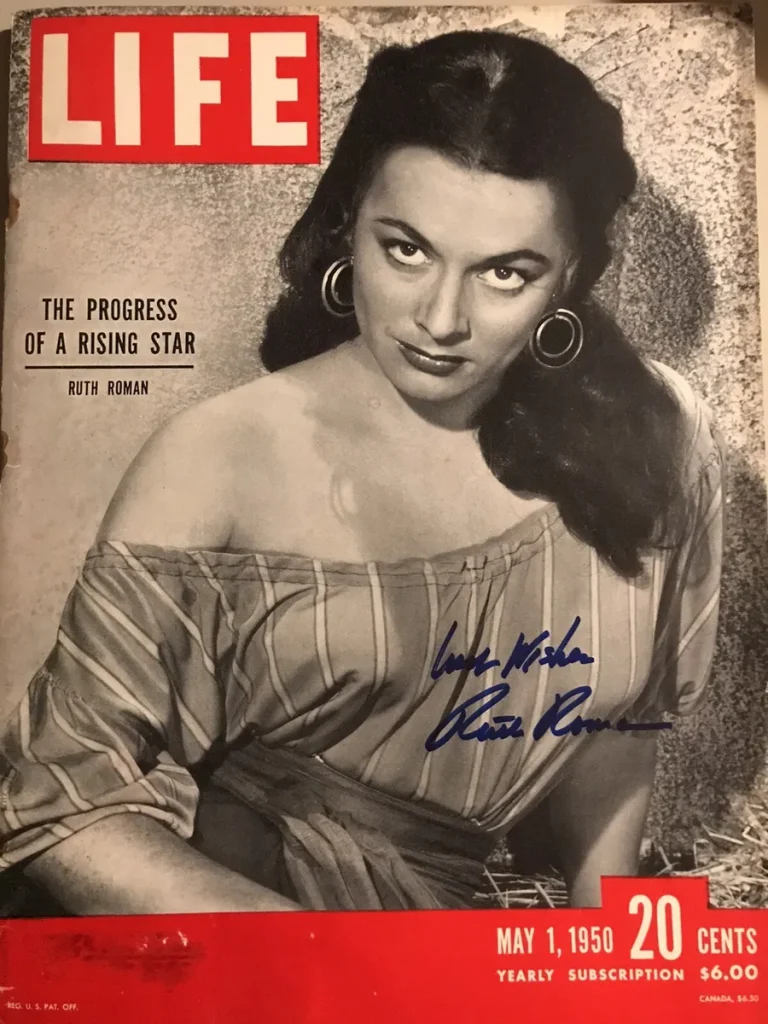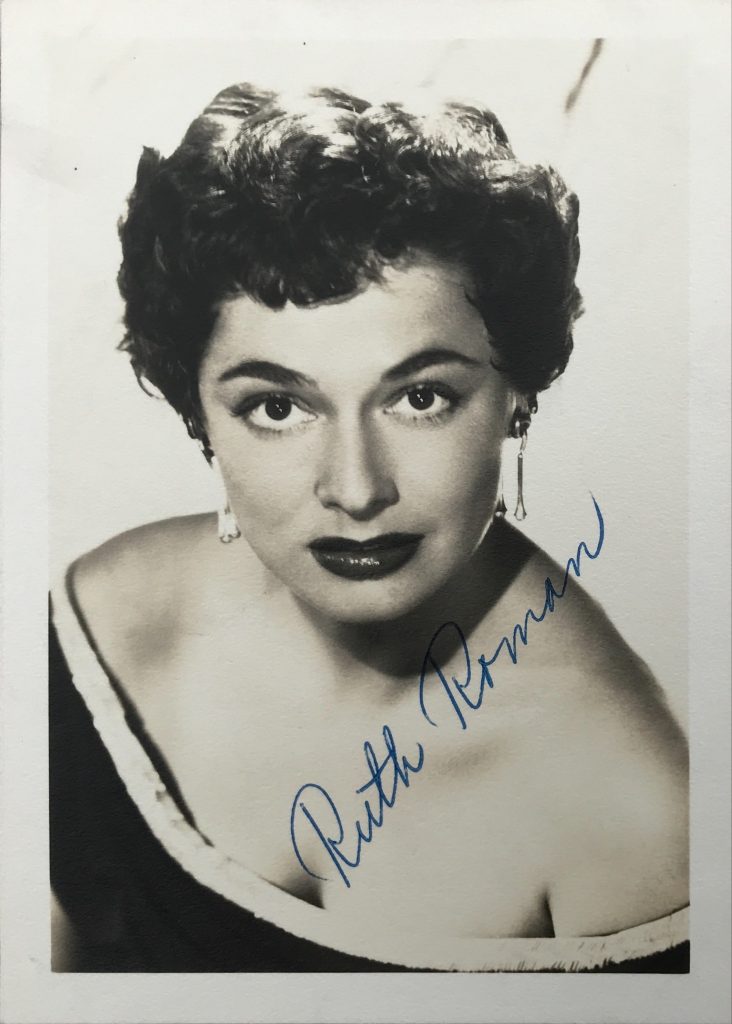
Ruth Roman was a striking, dark-haired strong actress who made many fine films in Hollywood during the 1950’s. She was born in Lynn, Massachusetts in 1922. Shie is perhaps best remembered for her leading role opposite Farley Granger in Alfred Hitchcock’s classic “Strangers On A Train” in 1951. Other films of note include “Beyond the Forest” with Bette Davis, “Three Secrets” with Eleanor Parker and “The Far Country” with James Stewart and Corinne Calvet. She had a recurring role on Angela Lansbury’s “Murder She Wrote” as beauty parlor owner Loretta. Ruth Roman died in 1999.
Tom Vallance’s obituary in “The Independent”:
In less than three years the studio had featured her in 10 films, but, although she starred opposite some of the top players of the time, including Gary Cooper, Errol Flynn and James Stewart, Roman was a leading lady rather than a major star, and Hitchcock’s Strangers on a Train was the only outstanding film she was to make at the studio. Roman loved her profession, but her long struggle left her with no illusions. She told Hedda Hopper in 1949, “I love everything about show business, even the junk. You can’t change the junk. People have tried. So you might as well accept it along with the good. Acting is my life. The profession can break my heart. In fact, it already has several times. But I love it.” The actress was to experience real-life drama when she and her son, then aged three, were aboard the luxury liner Andrea Doria when it was struck by another ship and wrecked.
Born in Lynn, Massachusetts, in 1923, Roman was the youngest of three daughters of immigrants from Lithuania. Her father, Anthony Roman, was a fairground barker who died when she was a child, which forced her mother to work as a waitress, charlady and laundress. “For a while,” Roman later recounted, “we were moving regularly once a month because we couldn’t pay our rent.” She added that she never felt sorry for herself, stating, “When you start out poor you don’t know what you’re missing.”
She had little formal education – she left high school in her second year – but won a scholarship to the Bishop Lee Dramatic School, after which she worked as a cinema usher to support herself while working at night with the New England Repertory Company, a semi-professional group in Boston. Moving to New York, she tried unsuccessfully to get roles on Broadway, and instead posed for crime magazine stills at $5 an hour. With $200 saved, she next headed for Hollywood, where she lived in a boarding house with six other actresses hoping for film fame (“We called our home `The House of Seven Garbos’ “).
Roman’s combination of dark-haired beauty and wholesomeness won her a small role as a navy girl in Frank Borzage’s all-star Stage Door Canteen (1943), a tribute to New York’s famed canteen for servicemen. The film’s casting director said he chose Roman from dozens of hopefuls because, “I felt right away that here was a girl who would show up on time in the morning with her lines learned and no nonsense.”
The role was the first of many blink-and-you-miss-her bits Roman played over the next few years, including Since You Went Away (1944), Incendiary Blonde (1945), Gilda (1946) and The Big Clock (1948). She also learned to endure disappointments – a prominent role in a Ken Maynard western, Harmony Trail (1944), went unseen when the low-budget film failed to obtain a release, and a showy part in the Marx Brothers vehicle A Night in Casablanca (1946) was left on the cutting-room floor.
Her first leading role was in one of Universal’s weakest serials, Jungle Queen (1945), in which as Lothal, a jungle ruler with the ability to walk through flames, she rescued her co-stars Edward Norris and Eddie Quillan from raging lions or natives with what one critic called “boring regularity”. She played the title role in a minor western, Belle Starr’s Daughter (1947), but her breakthrough was to come when she auditioned for Stanley Kramer, who was producing a film version of Ring Lardner’s story of a ruthless boxer, Champion (1949).
Thinking she would be right for the role of the fighter’s gold-digging girlfriend, she wore a tight-fitting black dress and heavy make-up, but Kramer told her, “Actually, I thought of you for the other girl”, and cast her as the innocent girl the fighter seduces then is forced to marry. Roman said later,
My happiest 26 days in the movies were spent making the picture Champion. For, though you hear a great deal about teamwork in Hollywood, you almost never see as much of it as we did while shooting this film. Whenever there was a question about a scene, we’d hold a group conference, complete with producer, director and cast, to thrash the matter out. Each suggestion was not only considered but also thoroughly discussed. . . All this was immensely helpful to me in playing the role of Emma, for I was very young in pictures then, and this was quite a different type of role from the few I’d played.
She said of her co-star Kirk Douglas,
He surprised me on the second day of shooting by saying, “Do you know that this picture is going to make you?” I couldn’t believe that but Kirk insisted and even offered to make a bet on it. If I had taken the bet I would have lost, for the role of Emma did more for my career than any other role.
Roman’s performance as the victimised wife brought her fine reviews (“Ruth Roman’s wife is hauntingly lovely,” said the Hollywood Reporter) and her beach scene with Douglas attracted particular attention. “The scene I liked best was the one on the beach, and apparently a number of fans agreed with me. About half the letters I received asked for a picture of me in the bathing suit.” Another reason Roman enjoyed working on Champion so much was because of her passion (unrequited) for its producer Kramer, whom she would later describe as “the love of my life”.
Roman consolidated her impact in Champion with her role later that year in the highly praised B movie The Window, based on Cornell Woolrich’s story The Boy Who Cried Wolf, about a boy who constantly fabricates stories of adventure so that when he sees a real murder committed he is not believed. “It is a piece of suspense entertainment rarely equalled,” said Variety, adding that Paul Stewart and Roman were “exceptionally good as the menace, driven to their deeds more by circumstance than sheer badness”.
On the strength of these films, Warners gave Roman a contract and cast her in Beyond the Forest (1949), the last film Bette Davis, once the studio’s greatest star, was making under her contract. Roman was to later speak fondly of the star:
Bette Davis was great. I kept blowing my lines in one scene with her because they were so awful to try to say. I finally told the director that and Bette immediately came to my rescue. “She’s right,” Bette shouted. “This girl is absolutely right.” Later she told me, “Ruthie, never forget what you did today. . . never be afraid to fight for what you know is right.” And I never did forget.
Roman had a sympathetic part as Bert Lahr’s girl-friend in the vaudeville saga Always Leave Them Laughing (1949), notable for preserving some of the classic sketches of Milton Berle and Lahr, then she was given her first starring role at the studio, as a hard-bitten fugitive from justice in Barricade (1950), an undistinguished remake of The Sea Wolf with the setting changed to a western mining camp. Leading roles followed in two westerns, Colt .45 (1950) with Randolph Scott, and Dallas (1950) with Gary Cooper – routine films but popular with audiences of the time.
Three Secrets (1950), directed by Robert Wise, was a good soap opera in which Roman gave one of her most effective performances as a woman who had killed the father of her child and, before serving her prison sentence, had turned the boy over to a foster-home. A newspaper reports that a five-year-old foster-child is the sole survivor of a plane crash and Roman waits with two other women (played by her fellow contract players Eleanor Parker and Patricia Neal) to see if one of them is the child’s real mother. The film’s director Wise said, “I realised Three Secrets was soap opera, but I liked the idea. I hadn’t done a woman’s picture and was intrigued by working with the three actresses who were already cast for it.”
Wise may have been happy with Roman, but Elia Kazan was shocked when the studio chief Jack Warner tried to insist that he cast her in the key role of Stella in A Streetcar Named Desire. Finally, Kazan agreed to test Roman, but he had already made up his mind that the part should be played by Kim Hunter, who had created the role so superbly on Broadway (and was to win an Oscar for the film). Warner then insisted that Hitchcock use Roman in Strangers on a Train (1951) and the great director made it clear that he was unhappy about it.
Roman is indeed somewhat distant in the role of the senator’s daughter engaged to a tennis player (Farley Granger) suspected of murder, but it can be said in her defence that she did not have the most forcible of leading men (Hitchcock had initially wanted William Holden) and she doubtless knew that her director had little faith in her. Granger said, “Hitchcock’s disinterest in Ruth Roman and the role she played led him to be outspokenly critical and harsh with her, as he had been with Edith Evanson on the set of Rope. He had to have one person in each film he could harass.”
In Starlift (1951) Roman was one of many Warner stars playing themselves in a story of troop entertainment, and in this she came across as warm and friendly. The same year, she starred in King Vidor’s thriller Lightning Strikes Twice, helping a suspected killer (the British actor Richard Todd) prove his innocence, and she teamed with Steve Cochran as lovers on the run after an accidental killing in Tomorrow Is Another Day. Neither of the last two films did very well, and the studio’s enthusiasm for their star waned. She was loaned to MGM to take third billing to Dorothy McGuire and Van Johnson in Invitation (1952) – Variety reported, “Ruth Roman gets rather short shrift in the footage and story interest” – and she supported Errol Flynn, coming to the end of his Warner career, in a modest treasure-hunt tale, Mara Maru (1952). In Blowing Wild (1953), she was third-billed to Gary Cooper and Barbara Stanwyck, and this ended her Warner career.
Freelancing, Roman had good roles in Anthony Mann’s western The Far Country (1955) and received some of her best notices for her role as a blackmail victim in Arthur Laven’s thriller Down Three Dark Streets (1954). Throughout her career, Roman would find her physical allure commented on more frequently than her acting. She and her fellow American Paul Douglas came to England in 1956 to film Ken Hughes’s Joe Macbeth – Shakespeare transposed to the world of gangsters in the 1930s.
It was after completing a film in Italy in 1956 that she was returning home with her son on the luxury liner the Andrea Doria when it was struck by another ship. More than 50 people died, though 760 survived. Roman said afterwards that she was dancing in the ship’s ballroom when “we heard a big explosion like a fire-cracker”. She saw smoke coming from the general area of her cabin and rushed there to protect her son. He was fast asleep so she awakened him and told him, “We’re going on a picnic.” When it was clear that the boat was sinking, and passengers began entering lifeboats, a seaman put her son into a boat. Roman was following down a rope ladder when the lifeboat pulled away and she was put on another one, but she and her son were safely reunited later.
.
The above obituary in “The Independent” can also be accessed here.
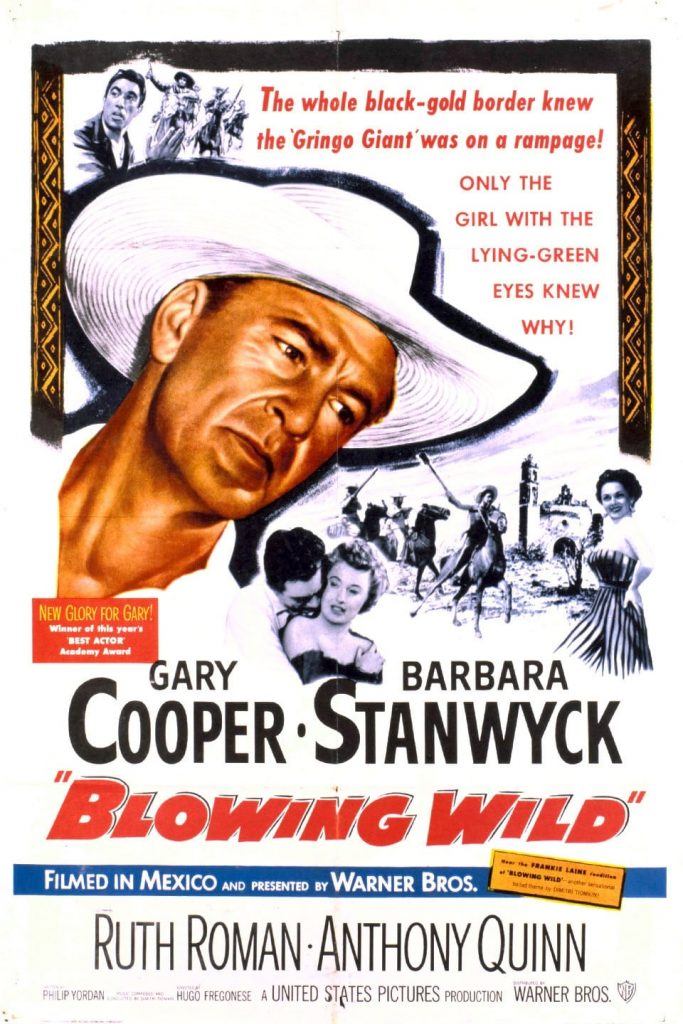
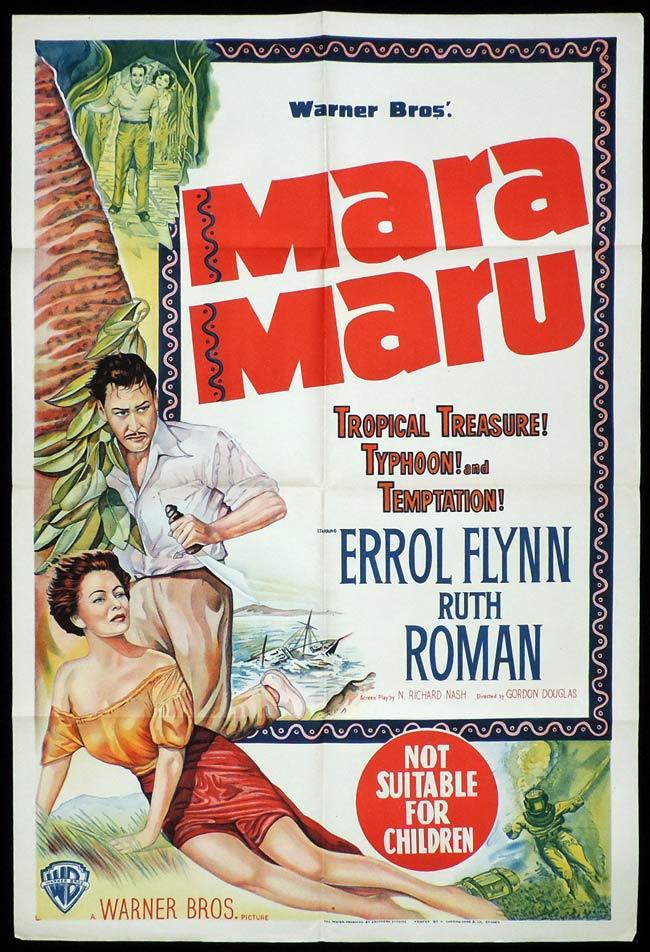
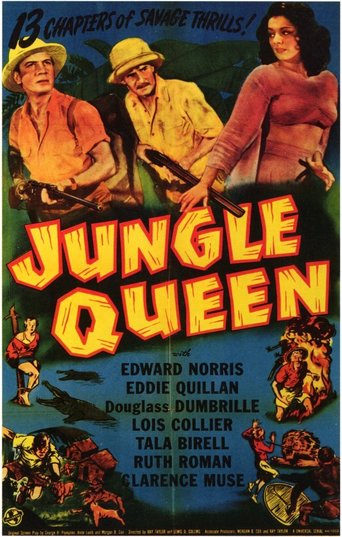
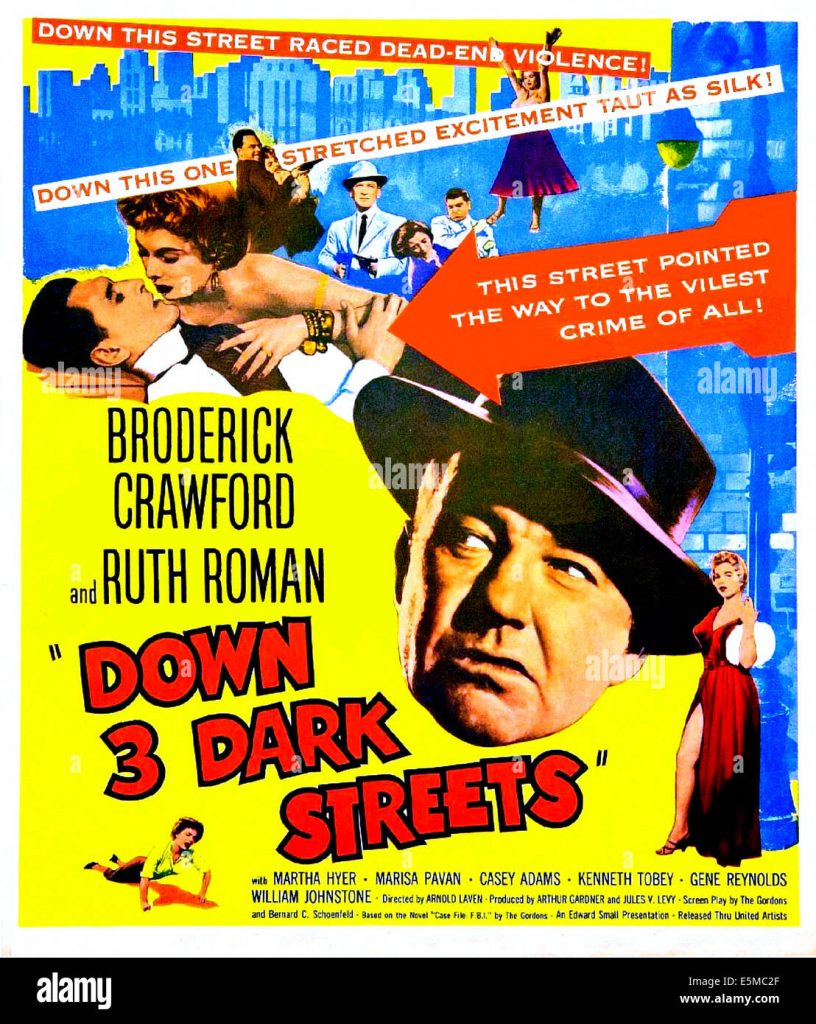
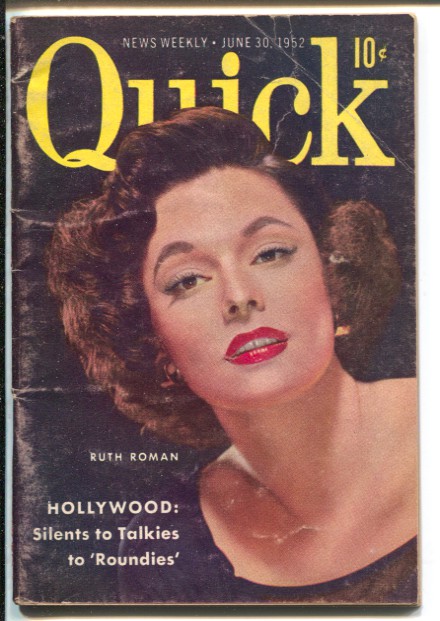
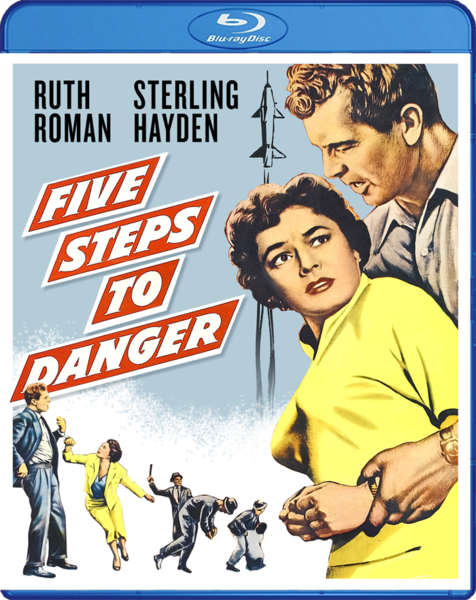
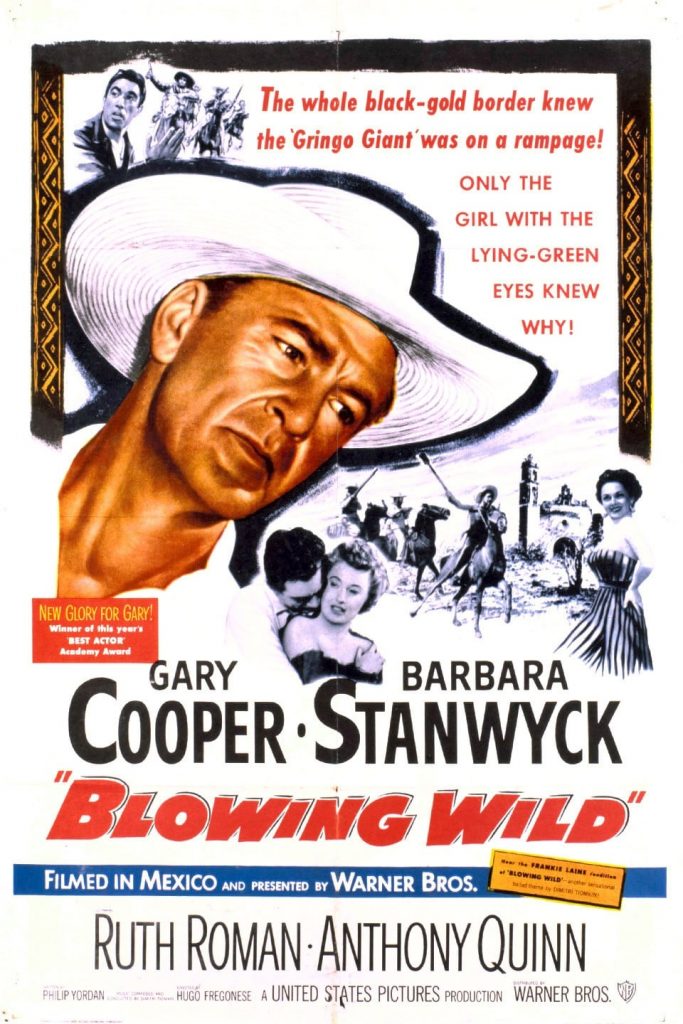
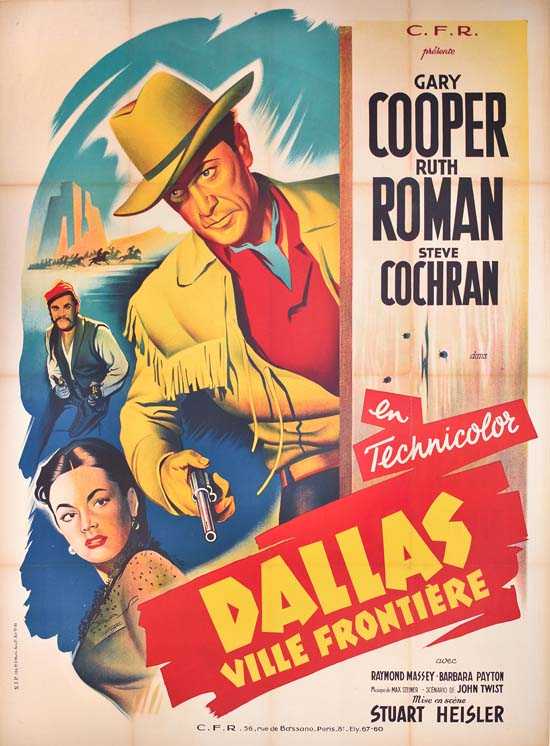
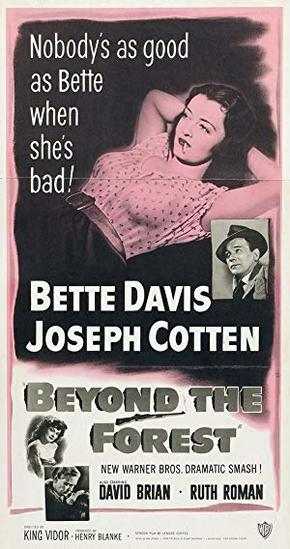
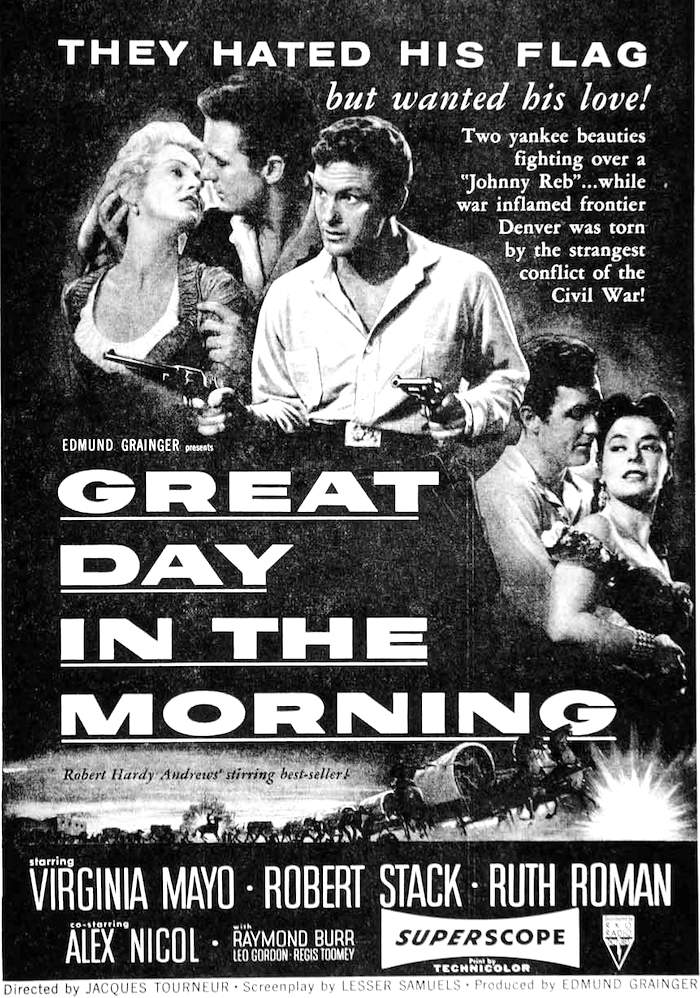
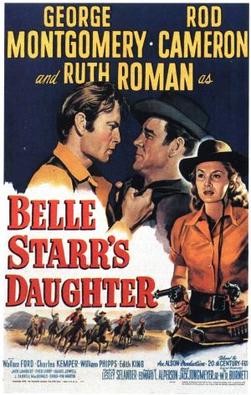
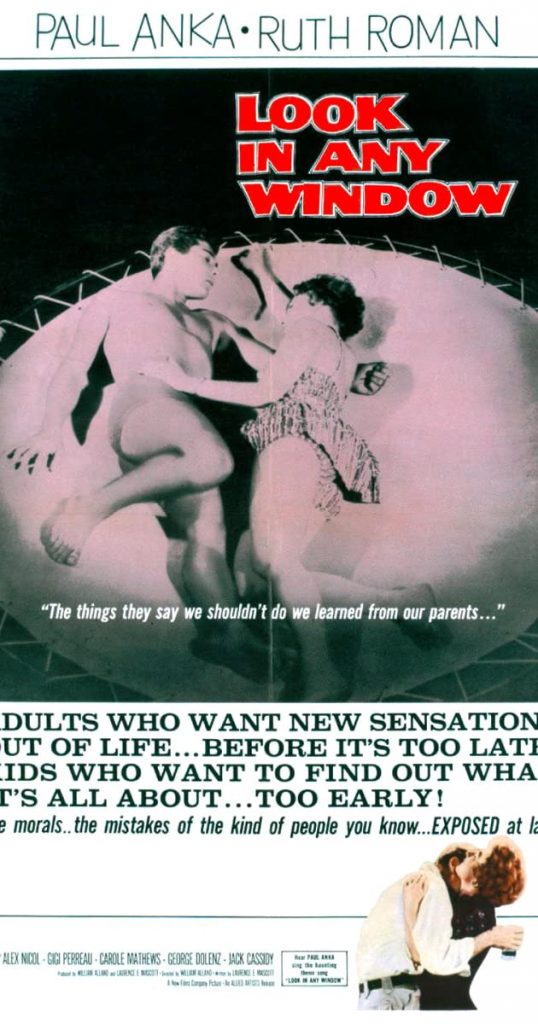
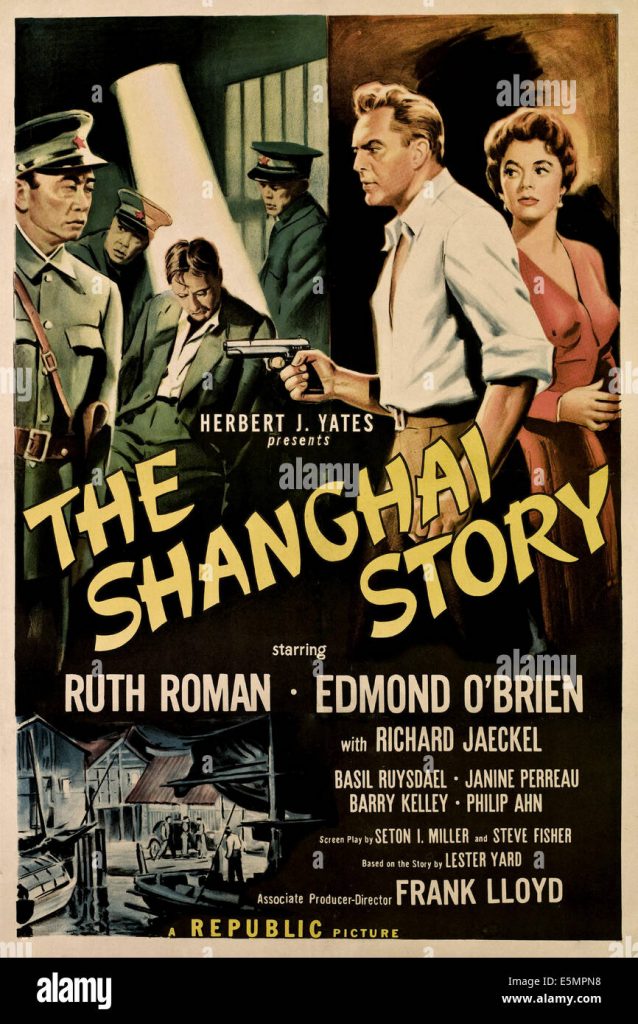
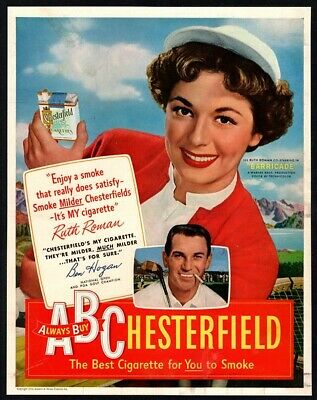
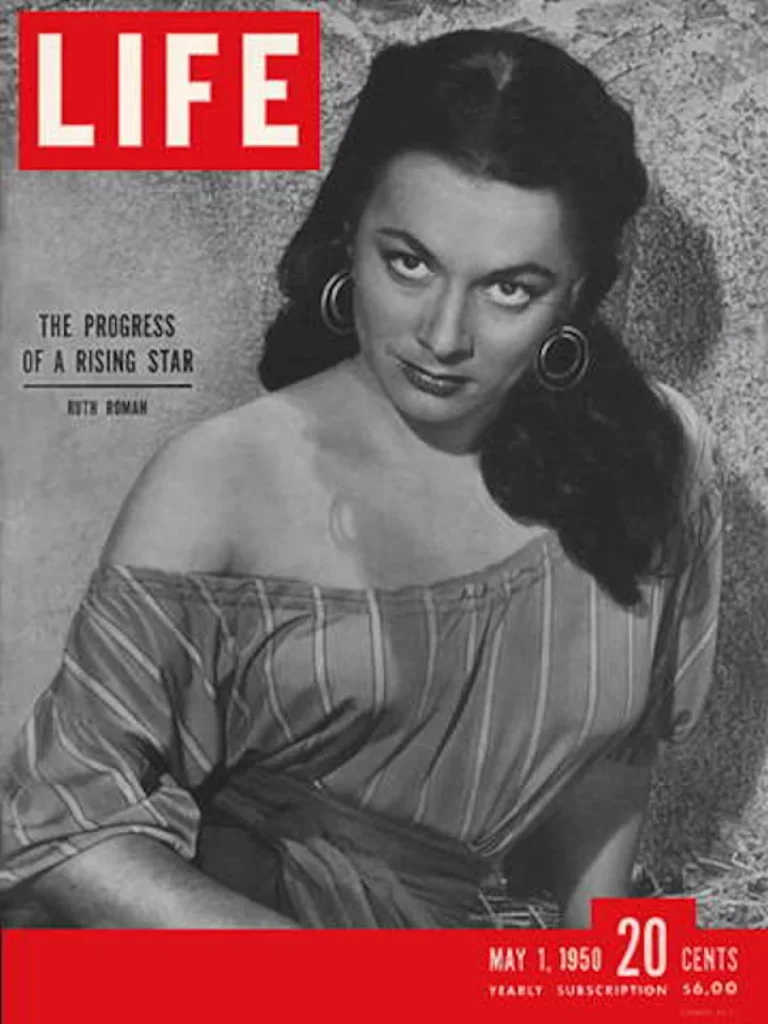
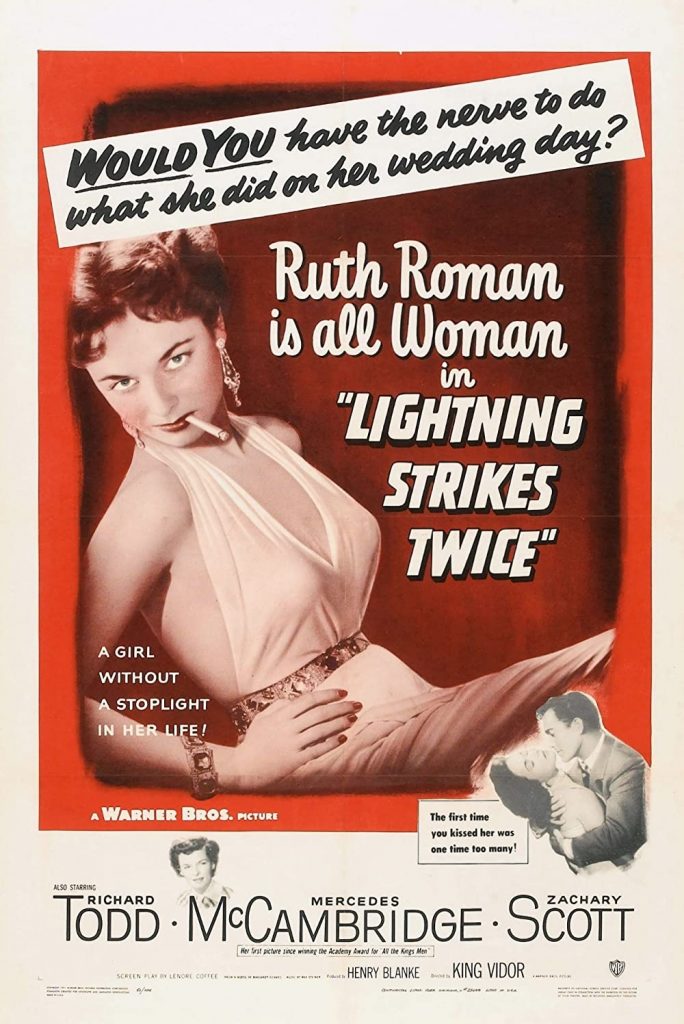
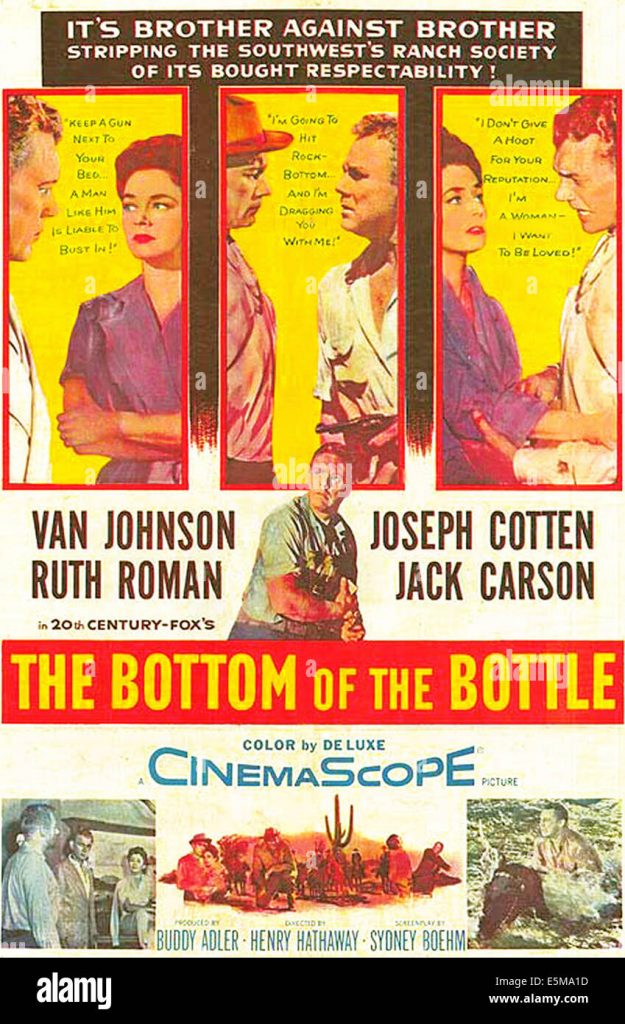
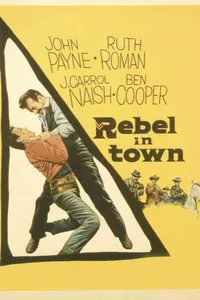
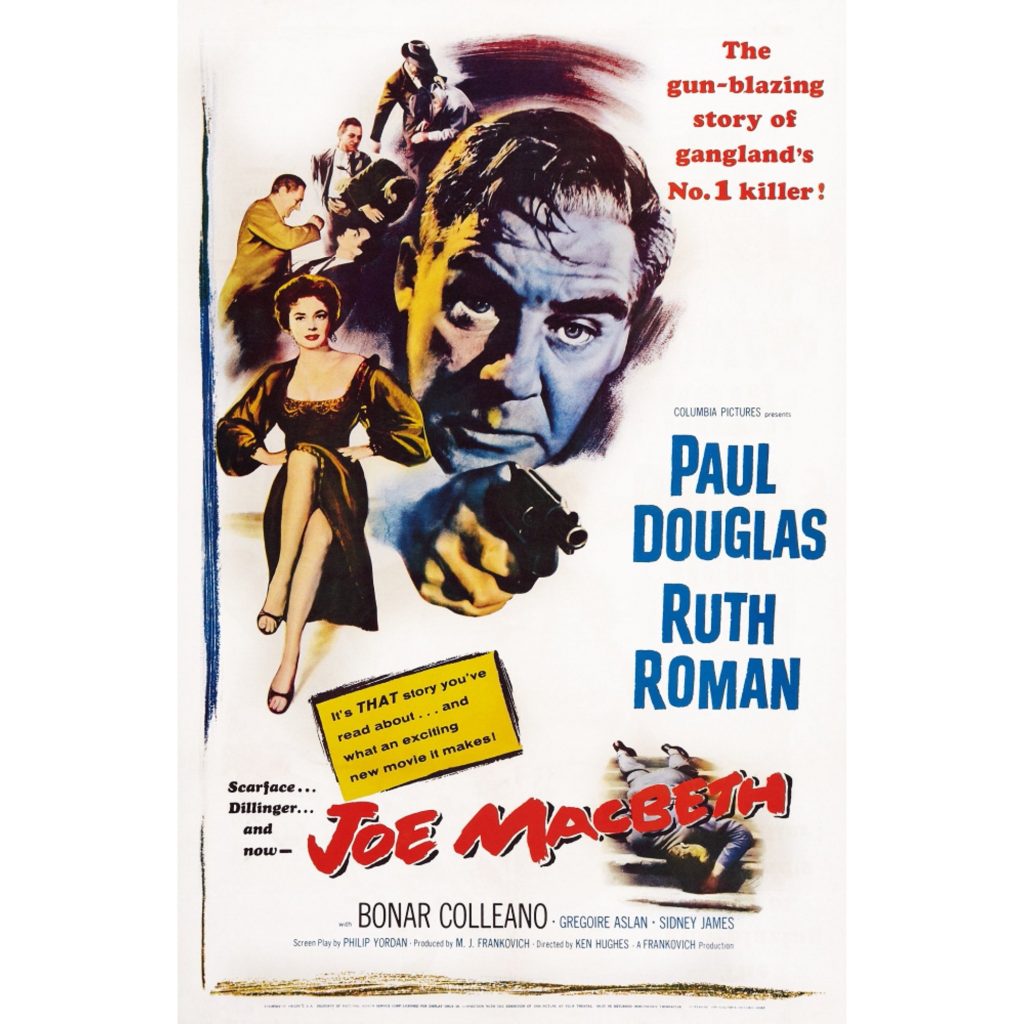
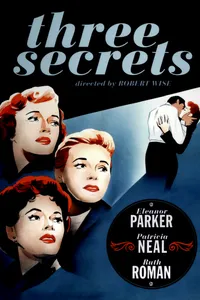
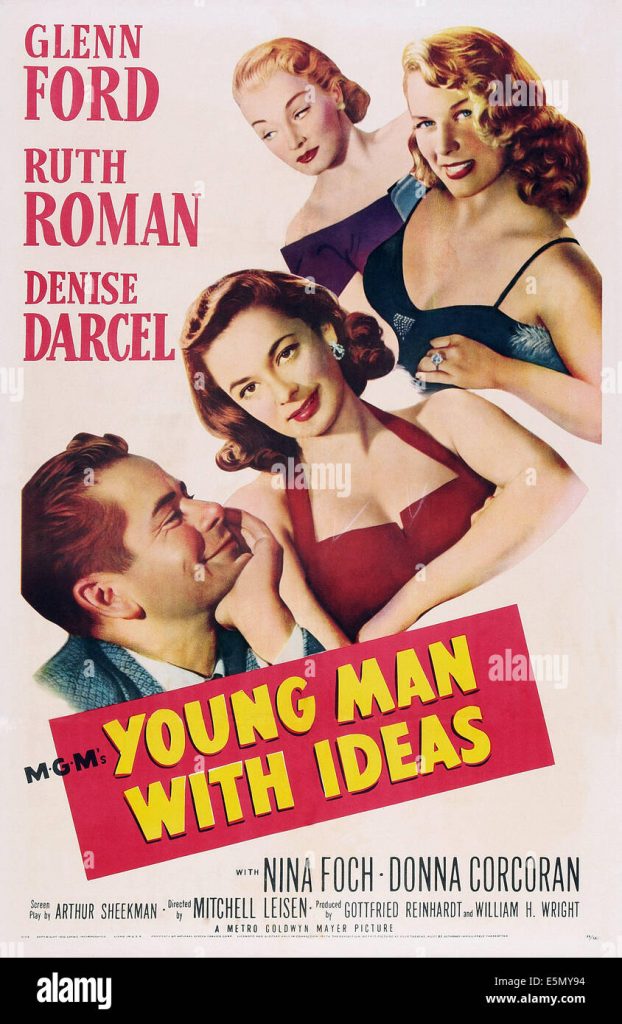
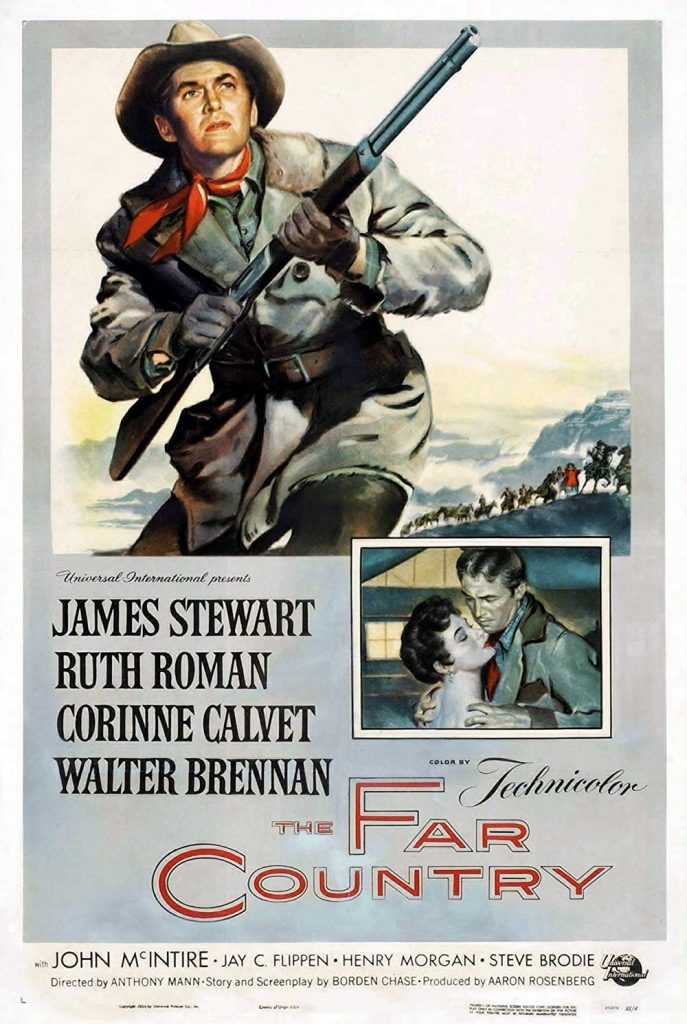
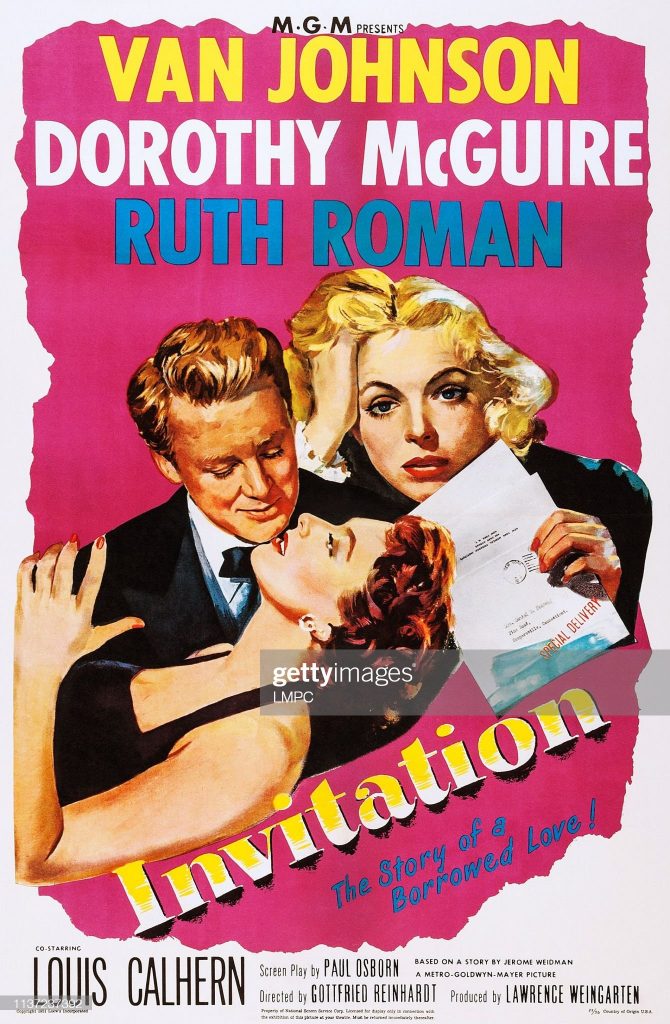
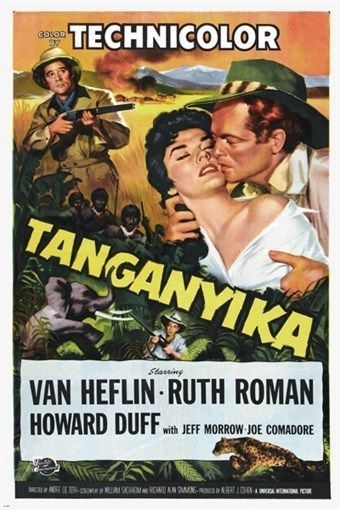
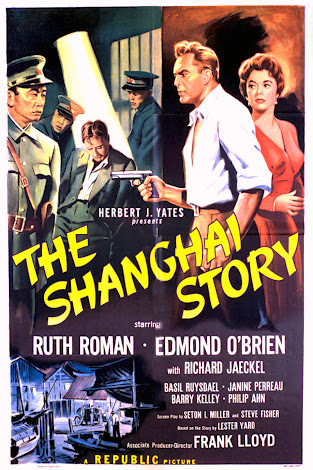
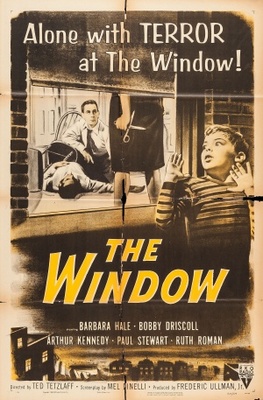
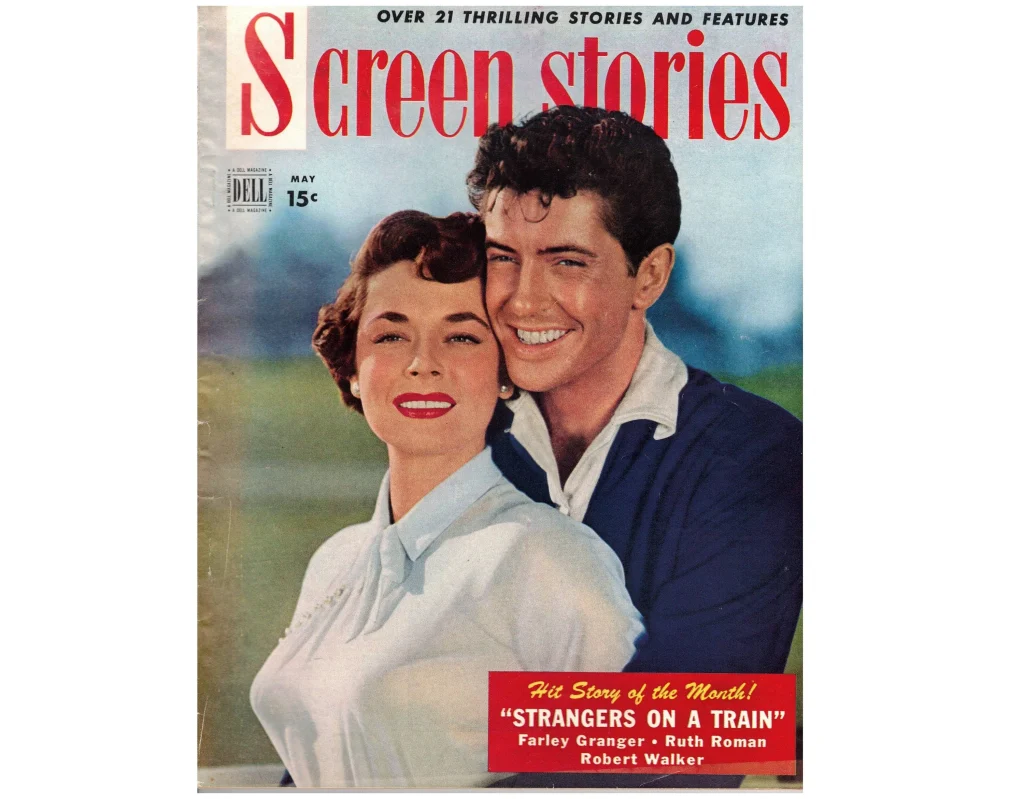
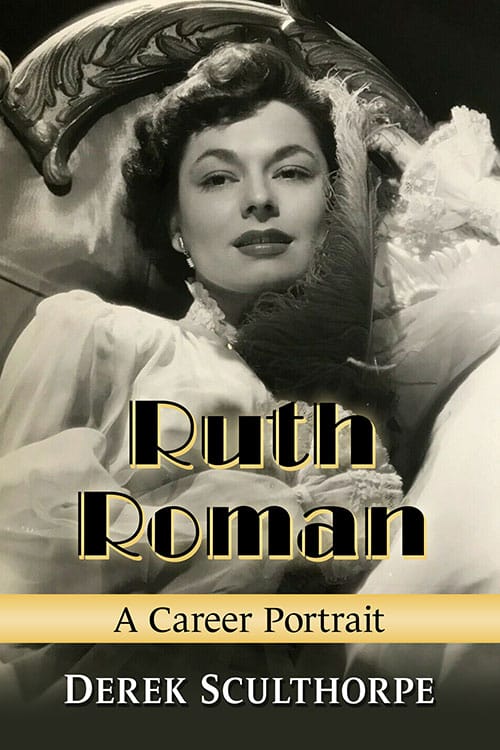
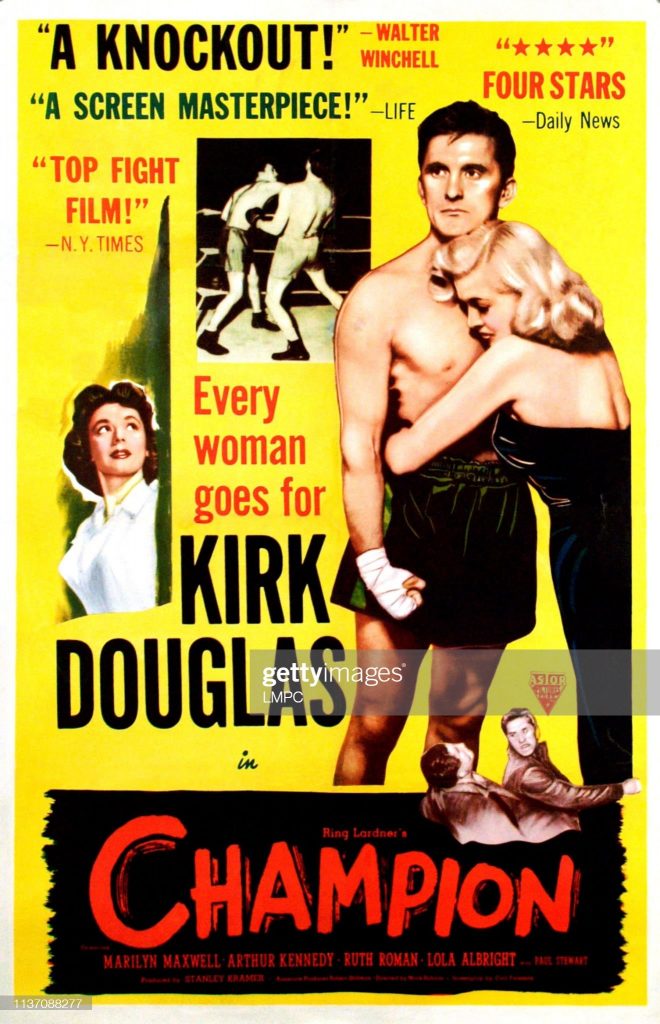
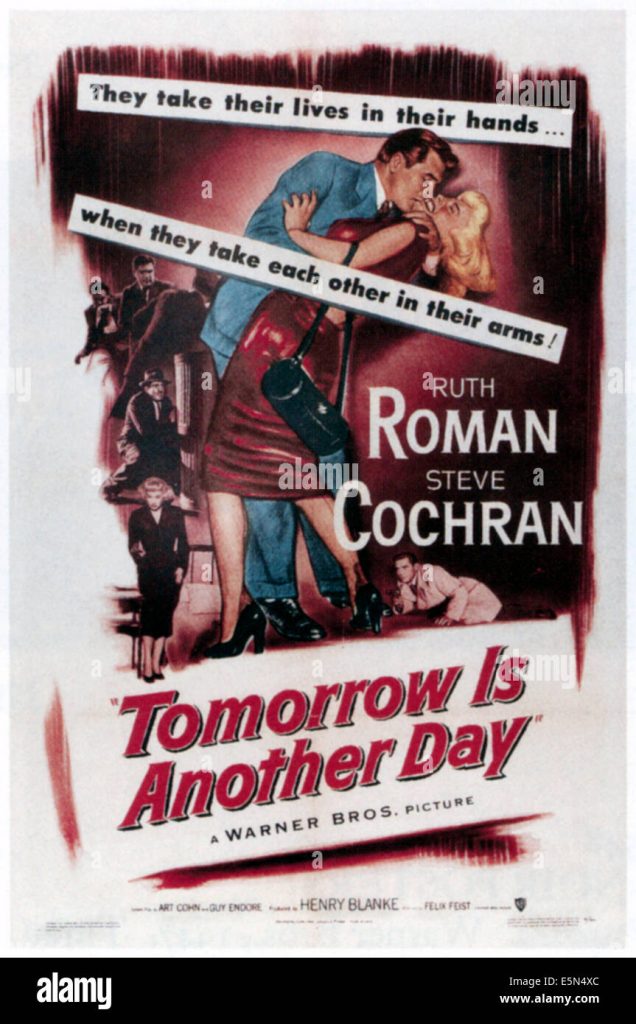
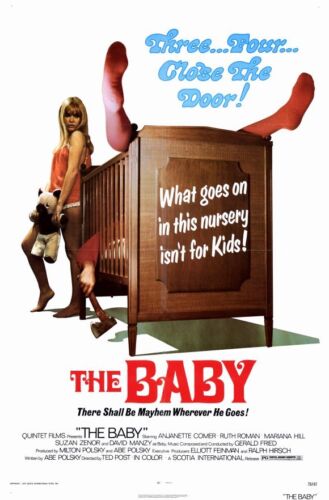
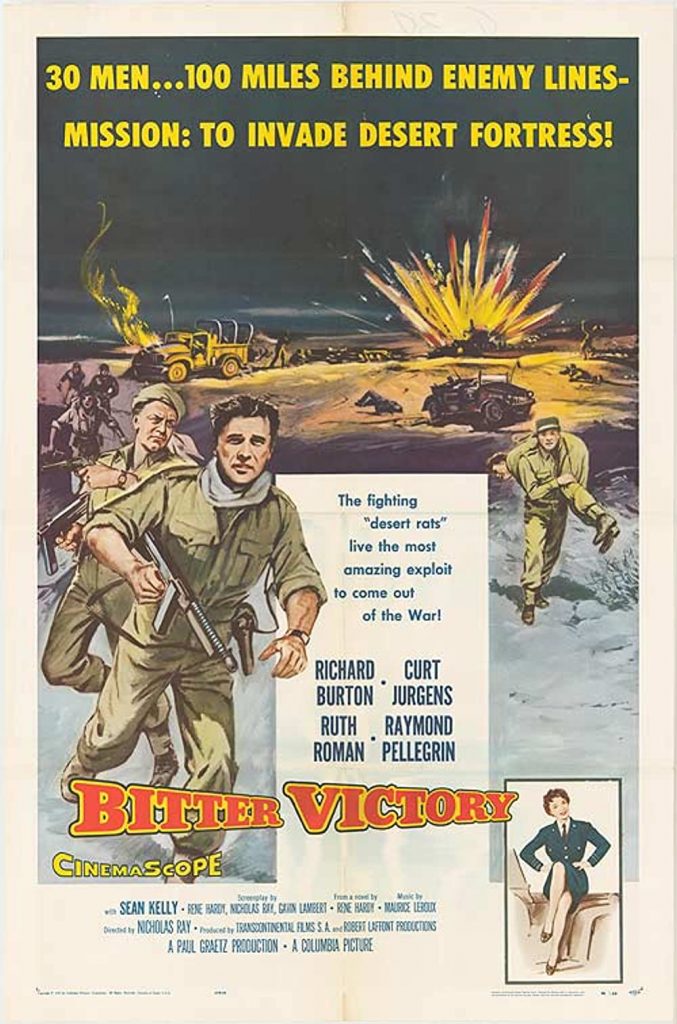
After filming Nicholas Ray’s Bitter Victory (1956) with Richard Burton, Roman returned to the stage, touring successfully in Two for the Seesaw. One of her last films was Love Has Many Faces (1964), which starred Lana Turner and featured Roman and Virginia Grey as rich ladies seeking romance in Acapulco. Roman had been appearing on television since the early 1950s and as film roles became scarcer her television work became prolific, with guest appearances in over a hundred shows including Naked City, The Defenders, Burke’s Law, Outer Limits, Gunsmoke and, in the 1980s, Knots Landing.
In 1987 Roman made her first appearance on the series Murder, She Wrote, playing the gossipy owner of the town beauty salon, and she occasionally returned to the series to play the same role.
Ruth Roman, actress: born Lynn, Massachusetts 23 December 1923; married 1940 Jack Flaxman (marriage dissolved 1941), 1950 Mortimer Hall (one son; marriage dissolved 1955), 1956 Buddy Moss (marriage dissolved); died Laguna Beach, California 9 September 1999
